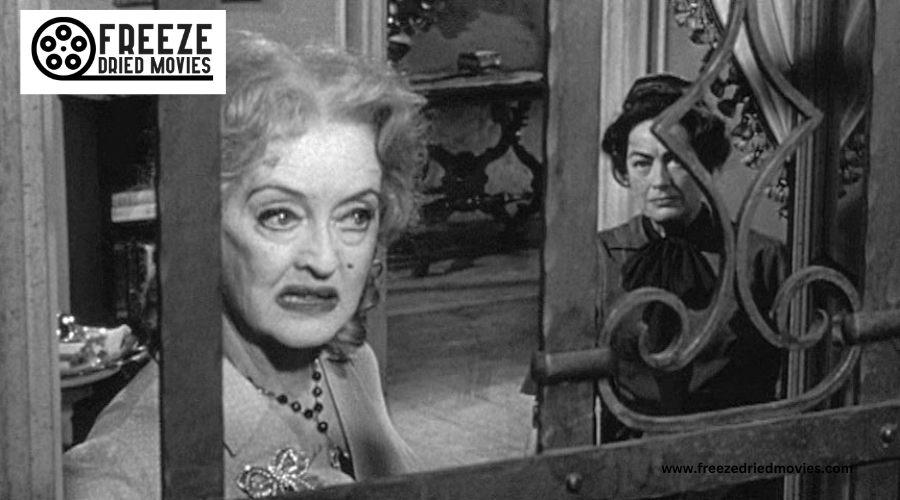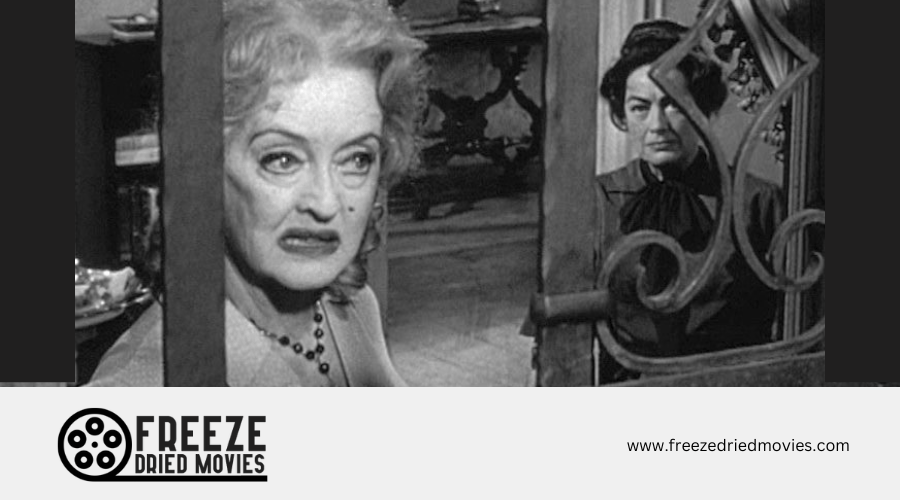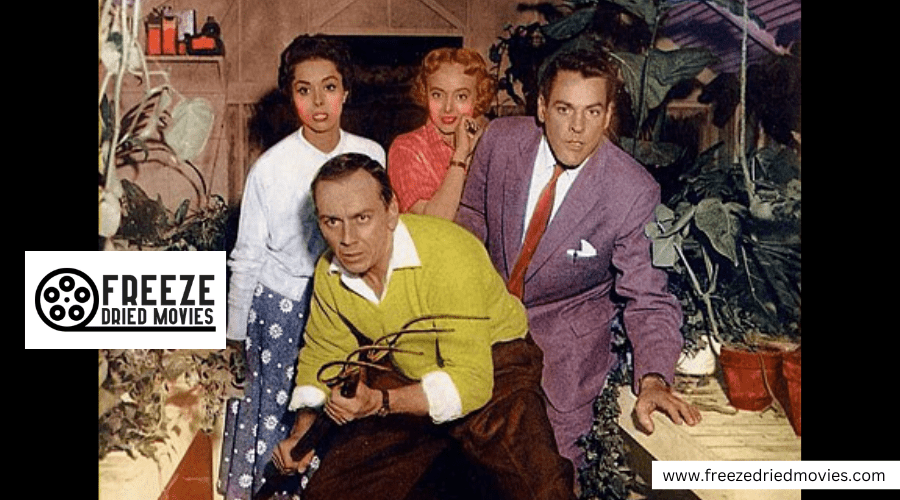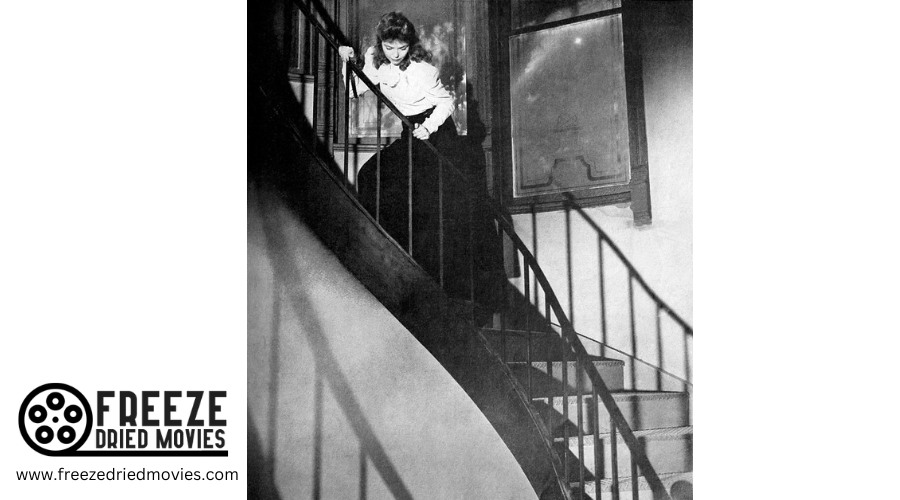Oscars Horror Movies: A Journey Through the Genre's Surprising Nominations and Wins

The relationship between horror films and the Academy Awards has always been complicated. While these movies are cherished by audiences, they frequently struggle to gain recognition during Oscar season. Typically, horror films are more likely to be nominated in technical categories rather than vying for top honors like Best Picture. Nevertheless, a select few horror films have managed to stand out, receiving Best Picture nominations and making a lasting impact at the Oscars.
Despite their limited nominations, horror movies have a rich history within the Academy. Over the years, a handful of these films have not only been recognized with nominations but have also achieved wins in various categories. However, in recent times, many horror films, especially those excelling in performance and storytelling, have faced snubs, raising questions about their representation in an industry that often overlooks the genre. As the 96th Academy Awards approach, a look back on this intriguing relationship between horror and the Oscars reveals a legacy that is both fascinating and complex.
The First Horror Film to Receive an Oscar
It took just five years for a horror film to earn an Oscar. In 1932, Fredric March won the award for Best Actor for his performance in Dr. Jekyll and Mr. Hyde. Notably, this was a tie with Wallace Beery, who was honored for his role in The Champ. They were separated by only one vote, and the rules at the time allowed joint winners if the margin was less than four votes.
While Dr. Jekyll and Mr. Hyde achieved recognition, it was a rare event. The early Academy Awards did not favor horror films for major awards despite some nominations. For example, Bride of Frankenstein was nominated for Sound Recording in 1935. Later, in the 1940 ceremony, both The Invisible Man Returns and Dr. Cyclops received nominations for Special Effects.
This pattern demonstrated that horror was often appreciated more for its technical achievements rather than acting or writing. As time went on, films like The Exorcist and The Silence of the Lambs began to change perceptions, showing that horror could compete for top honors, including Best Picture and Best Original Screenplay.
A Rare Breed in Cinema History
Since the early days, horror movies have made significant strides at the Academy Awards over the years. While not always recognized in top categories, many horror films have earned Oscars for their technical achievements and performances.
"The Exorcist" broke new ground in 1973 by earning 10 Oscar nominations, including Best Picture. It won for Best Adapted Screenplay and Best Sound. This paved the way for future horror success at the Oscars.
Other notable horror wins include:
View this post on Instagram
- "Alien" (1979) - Best Visual Effects
- "An American Werewolf in London" (1981) - Best Makeup
- "The Fly" (1986) - Best Makeup
- "Bram Stoker's Dracula" (1992) - Best Costume Design, Best Makeup, Best Sound Editing
- "The Silence of the Lambs" (1991) - Best Picture, Director, Actor, Actress, Adapted Screenplay
More recently, Jordan Peele's "Get Out" (2017) won Best Original Screenplay and was nominated for Best Picture. This marked a breakthrough for horror films directed by Black filmmakers.
While Best Picture nominations remain rare for horror, the genre has found consistent success in technical categories like makeup, visual effects, and sound editing. Horror films have also earned acting nominations and wins, like Kathy Bates for "Misery" (1990).
The Academy has shown increased openness to horror in recent years. As the genre evolves and pushes boundaries, more recognition seems likely at future Oscar ceremonies.
Key Oscar-winning horror films:
- The Exorcist (1973)
- Alien (1979)
- An American Werewolf in London (1981)
- The Fly (1986)
- The Silence of the Lambs (1991)
- Bram Stoker's Dracula (1992)
- Get Out (2017)
Horror films have also found success in music categories. "The Omen" (1976) won Best Original Score for Jerry Goldsmith's haunting compositions. The visual artistry of horror has been rewarded as well. Tim Burton's "Sleepy Hollow" (1999) won for Best Art Direction, showcasing the genre's ability to create striking Gothic atmospheres.
Even horror-adjacent films have earned Oscar glory. "Sweeney Todd: The Demon Barber of Fleet Street" (2007), a dark musical with horror elements, won for Best Art Direction. While pure horror films may struggle for Best Picture consideration, horror-tinged movies have broken through. Examples include "Jaws" (1975), "The Sixth Sense" (1999), and "Black Swan" (2010) earning Best Picture nods.
The makeup category has been a consistent bright spot for horror at the Oscars. Werewolf transformations in particular have impressed voters:
- "An American Werewolf in London" (1981)
- "The Wolfman" (2010)
Both films won Best Makeup for their stunning practical effects.
Horror remakes have also found Oscar success. The 2010 version of "The Wolfman" won for makeup, while the 1976 "King Kong" remake shared the Visual Effects Oscar with "Logan's Run."
Even horror-comedies have earned Academy recognition. "Death Becomes Her" (1992) won Best Visual Effects for its darkly funny take on immortality gone wrong.
Classic psychological thrillers with horror elements have also impressed Oscar voters:
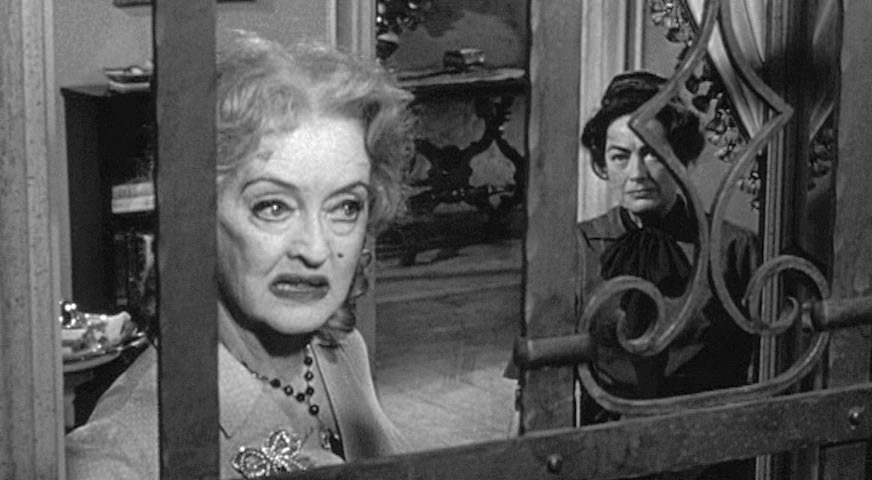
- "What Ever Happened to Baby Jane?" (1962) - Acting nomination
- "Rosemary's Baby" (1968) - Supporting Actress win for Ruth Gordon
These films show how horror can be elevated through strong performances and psychological depth.
The growing acceptance of horror at the Oscars reflects changing attitudes in the film industry. Once seen as lowbrow entertainment, horror is now recognized for its artistic merits and cultural impact. Horror films that tackle social issues seem especially likely to earn Oscar attention. "Get Out" is a prime example, using horror tropes to explore racism in America.
The technical skill required in horror filmmaking is now widely acknowledged. Practical effects, atmospherics, and sound design in horror often push the boundaries of what's possible in cinema.
A breakdown of horror's Oscar success by category:
| Category | Notable Wins |
|---|---|
| Makeup | "An American Werewolf in London," "The Fly," "Bram Stoker's Dracula" |
| Visual Effects | "Alien," "Death Becomes Her," "King Kong" (1976) |
| Sound | "The Exorcist," "Aliens" |
| Art Direction | "Sleepy Hollow," "Sweeney Todd" |
| Original Score | "The Omen" |
| Screenplay | "The Exorcist" (Adapted), "Get Out" (Original) |
| Acting | "The Silence of the Lambs" (Actor, Actress), "Misery" (Actress) |
The future looks bright for horror at the Academy Awards. As the genre continues to evolve and attract top talent, more nominations and wins seem likely.
Key factors that may boost horror's Oscar chances:
- Social relevance
- Technical innovation
- Strong performances
- Crossover appeal to non-horror fans
- Critical acclaim
Directors to watch for future horror Oscar contenders:
- Jordan Peele
- Ari Aster
- Robert Eggers
- Jennifer Kent
- Mike Flanagan
These filmmakers are pushing horror in new, critically-acclaimed directions.
While horror may never dominate the Oscars like dramas or biopics, the genre has carved out a respectable place at the Academy Awards. From groundbreaking wins by "The Exorcist" to recent breakthroughs like "Get Out," horror continues to make its mark on cinema's biggest stage.

